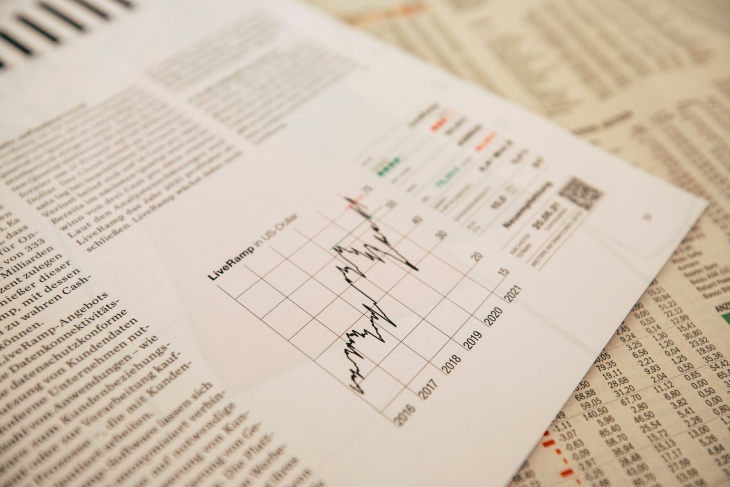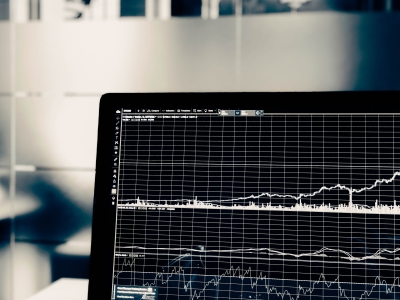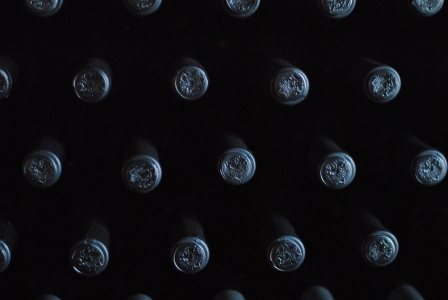The Opportunity
The business and world of wine is complex and nuanced. Despite the booming global wine industry, we suspect that many people have stayed away from wine as an investment because of its many unfamiliar complexities. Another limiting factor may be the large upfront investment needed to acquire, store, and build a diversified cellar of investment-grade wines. Vint is here to provide access to what has historically been a fairly stable (in 2008 when the S&P dropped -30%, the Liv-ex fell -0.6%) and consistent (8.5% avg. per year over 121 years) asset class.
How are we doing this? Team, Sourcing, and SEC-qualification
Team
When you buy a home you turn to a realtor, when you invest in a mutual fund you turn to a financial advisor, when you file taxes you speak with a tax professional. Why wouldn’t you look for the same expertise when making an investment in an alternative asset? Industry experts can help you navigate the market trends and practices that influence and move the global trade. Having a team on your side that is attentive to the market, and your portfolio is essential when navigating an unfamiliar asset class.
We understand the value and importance of expertise at Vint and have structured our teams to reflect this.
Adam Lapierre, Director of Wine at Vint, leads our business as we acquire, store, transport, and sell wines on behalf of our collection shareholders. Adam is a Master of Wine (MW), a distinction that separates him as a top expert in the world of wine and business. Currently, there are just 419 MWs globally and only 57 in the United States. For context, that's fewer than the total number of people who have been to space!
In his role as Director of Wine, Adam is charged with the owning Vint’s network of producers, partners, and suppliers who allow us to source fine wine and spirits at scale, as well as developing collection themes, exiting wine collections for optimal investment return, and creating new products for Vint partners.
Sourcing
Equally as important as the team is how we source our assets. Here at Vint, we have incredibly high standards for the assets we add to our collections. This high standard requires getting as close to the source as possible and then going above and beyond on our due diligence. We work with merchants, auction houses, negotiants, and producers directly. This is only made possible by our purchasing power (spending millions of dollars on wine quarterly) and lots of hard work by our wine and business team to build and maintain key relationships around the world.
The process of selecting assets to include in a collection starts with us diving into the market data. It is from current and historical market data that we build our investment theses and lay a foundation for asking questions like: Why do we believe these assets are going to increase in value? Was it an exceptional year? Is this producer undervalued? Does this producer have brand equity and global recognition? How has this label performed in similar years?
Once we’ve identified the collections, we work to source them from the merchant and producer channels we mentioned earlier. This process will vary based on where the asset is located, our relationship with the seller, and the provenance of the asset itself. Provenance is a chronology of ownership. Not only is it important for ensuring the asset has been stored in ideal conditions but also knowing who (if anyone) has owned the asset prior to Vint. Once this process is complete(which can take some time with physical inspection and examination), Vint gets the ball rolling on offering the collection of assets to investors via our themed offerings.
SEC-Qualification
SEC-Qualification.
What is it and why does it matter?
For starters, the Securities and Exchange Commission (SEC), is the independent governmental body regulating securities and protecting investors. Created in the wake of the 1929 market crash, the SEC has a long track record of protecting investors from market manipulations, fraudulent investment opportunities and works to ensure the securities markets function properly.
There are many qualifications that investment companies, professionals, and platforms can seek. Too many to cover here, but in short, they all work to achieve the same end: to protect investors. The one we are going to focus on is Regulation A, sometimes referred to as Reg-A or Reg-A+.
Reg-A allows qualified entities, like Vint, to offer securities to accredited and non-accredited investors. Through this qualification, Vint can source and then securitize our collections as entities and subsequently offer ownership of those collections in the form of shares.
This is why when you sign up for Vint you are asked a series of questions. A requirement of our qualification is to verify each and every investor we bring onto the platform. This provides Vint with reassurance that the owners of these collections are known individuals and provides reassurance to the other owners of the collections that they are investing alongside real people.
The SEC-qualification process is no walk in the park. Our team spent close to a year preparing and filing the necessary paperwork and materials prior to launching our first offering. As tedious as that process was, we felt that it was one of the most important things we could do to provide reassurance and protection to our investors, many of which have never had the opportunity to access this asset class before.
Our SEC qualification means that you can trust in the legitimacy of the assets we source while having sight into every fee and risk associated with our offerings. We are striving to be the most transparent player in the alternative investment space and welcome any feedback along the way.
All of our SEC filings are available to view on the SEC's website - here.
There are many other things that make Vint an exceptional investment platform, like our investor relations team, efficient and effective tech, and industry-leading research and insight. We’re excited to share those and much more with you.


